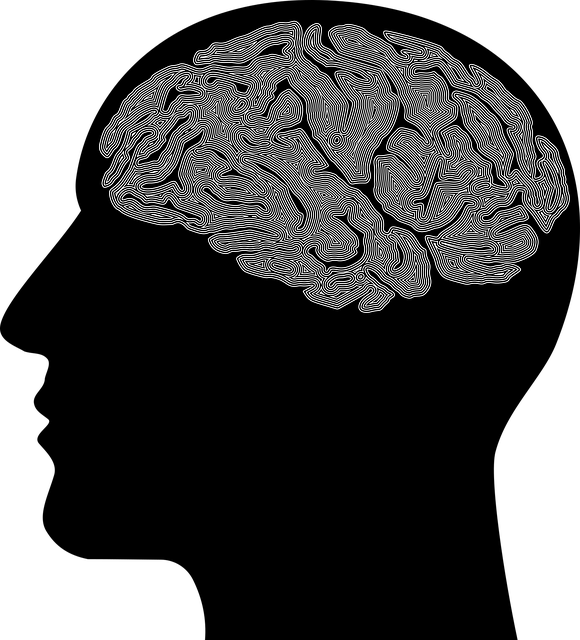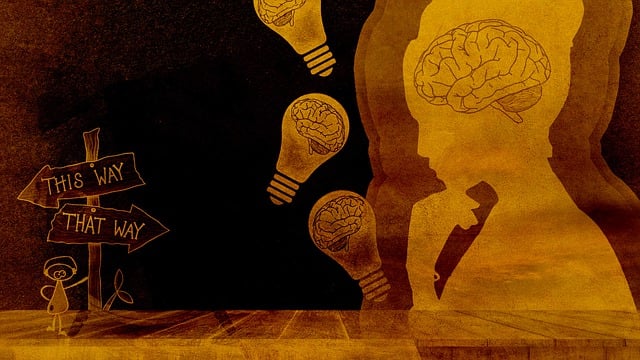Cultural competency training is essential in healthcare to address diversity and improve patient care, especially for transgender and non-binary individuals. Broomfield Gender-Affirming Care Therapy (BGACT) provides a framework for creating inclusive environments, enhancing communication skills, and understanding cultural norms related to gender expression and sexual health. By integrating BGACT principles into training, healthcare providers gain the tools to offer sensitive, effective care, improving patient relationships, mental health awareness, and overall outcomes for diverse populations.
Healthcare provider cultural competency training is essential in today’s diverse society. This article explores the critical need for such training, using Broomfield Gender-Affirming Care Therapy as a case study for innovative approaches. We delve into key components of effective programs and discuss implementing and measuring their impact. Understanding cultural competency frameworks is vital to ensuring equitable healthcare for all, regardless of background or identity.
- Understanding Cultural Competency in Healthcare: A Necessary Framework
- The Role of Broomfield Gender-Affirming Care Therapy in Training
- Key Components for Effective Cultural Competency Programs
- Implementing and Measuring the Impact of Cultural Competency Training
Understanding Cultural Competency in Healthcare: A Necessary Framework

Cultural competency is a crucial framework within healthcare that acknowledges and respects the diverse cultural backgrounds and beliefs of patients. It involves understanding and appreciating how cultural factors influence health practices, communication, and access to care. In today’s diverse society, healthcare providers must be equipped to deliver gender-affirming care, such as Broomfield Gender-Affirming Care Therapy, which caters to individuals with varying identities and needs. This requires a deep comprehension of different cultural norms surrounding gender expression and sexual health.
Training in cultural competency goes beyond simple knowledge; it empowers healthcare professionals to create inclusive environments. By incorporating practices like Mindfulness Meditation and hosting Stress Management Workshops within organizations, providers can enhance patient-provider relationships. These initiatives foster Mental Health Awareness, enabling healthcare staff to address the unique mental health concerns of culturally diverse populations more effectively.
The Role of Broomfield Gender-Affirming Care Therapy in Training

Broomfield Gender-Affirming Care Therapy (BGACT) plays a pivotal role in enhancing cultural sensitivity within mental healthcare practices. This therapeutic approach prioritises creating safe, inclusive spaces for individuals from diverse gender identities to receive care that aligns with their authentic selves. By integrating BGACT into training programs, healthcare providers gain invaluable insights into the unique emotional and psychological experiences of transgender and non-binary individuals.
The process often involves self-awareness exercises designed to challenge assumptions and biases, fostering a deeper understanding of the impact of societal norms on mental health. Through these practices, providers learn effective communication strategies that promote emotional regulation in their clients. This holistic training method not only improves the quality of care but also ensures healthcare professionals can navigate complex conversations with compassion and cultural sensitivity, ultimately contributing to better outcomes for all patients.
Key Components for Effective Cultural Competency Programs

Cultural competency training is a multifaceted approach that empowers healthcare providers to deliver high-quality care to a diverse range of patients. A key component involves incorporating Broomfield Gender-Affirming Care Therapy principles, ensuring professionals understand and respect individuals’ gender identities and expressions. This includes learning how to create a safe, inclusive environment where every patient feels seen and heard.
Effective programs also emphasize self-awareness exercises that promote reflection on personal biases and preconceptions. By fostering an understanding of one’s own cultural background and beliefs, healthcare providers can better navigate the complexities of differing cultural norms. Integrating mind over matter principles and mood management techniques further strengthens these initiatives, enabling professionals to maintain a calm, empathetic demeanor when confronting sensitive cultural issues during patient interactions.
Implementing and Measuring the Impact of Cultural Competency Training

Implementing cultural competency training is a significant step towards improving healthcare outcomes and fostering inclusive environments. This process involves equipping healthcare providers with the knowledge and skills to navigate diverse patient populations effectively. Broomfield Gender-Affirming Care Therapy, for instance, can be a powerful tool in promoting understanding of gender-affirming practices, ensuring that medical professionals are prepared to offer sensitive and compassionate care to transgender and non-binary individuals.
Measuring the impact of such training is equally crucial. Evaluation methods can include patient satisfaction surveys, focusing on cultural sensitivity and communication, as well as assessing healthcare providers’ self-reported changes in social skills, self-care practices, and burnout prevention strategies. By regularly reviewing and refining these programs, healthcare institutions can ensure that their staff are not only culturally competent but also able to implement these skills in daily practice, ultimately enhancing patient experiences and outcomes.
Cultural competency training, as demonstrated by innovative programs like Broomfield Gender-Affirming Care Therapy, is not just a recommendation but an imperative in modern healthcare. By incorporating key components such as empathetic communication, structural barriers addressing, and cultural knowledge integration, these initiatives significantly enhance patient outcomes and foster inclusive care environments. Measuring the impact of such training is crucial for continuous improvement, ensuring that healthcare providers are equipped to navigate diverse cultural landscapes with sensitivity and expertise.














